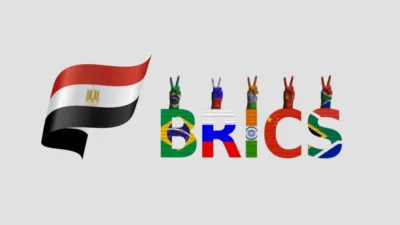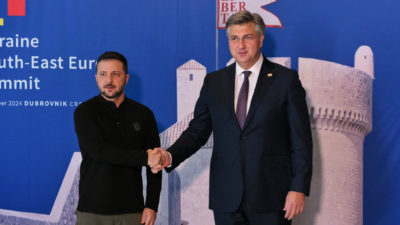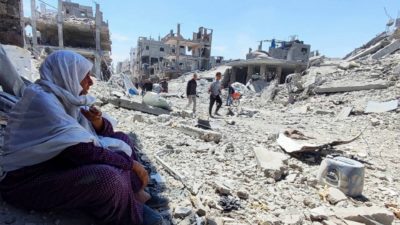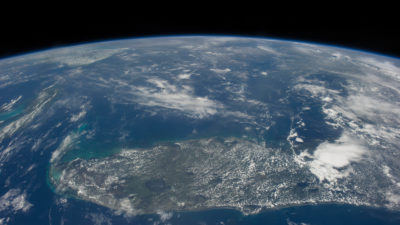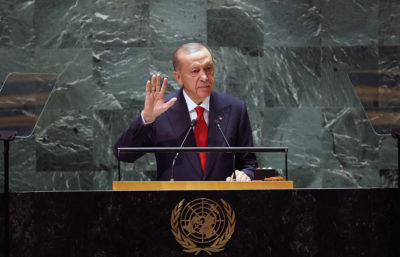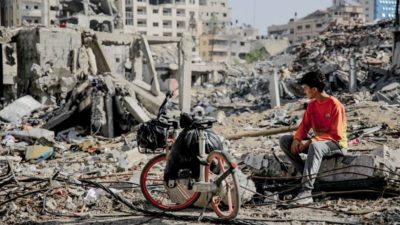Archives International politics - Page 3 of 120 - New Eastern Outlook
Egypt: a new and active member of BRICS
Many Egyptian experts believe that by becoming a member of BRICS and gaining access to NDB loans, Egypt will be able to implement many economic projects more effectively and successfully.
On the Ukraine-South East Europe Summit
On October 9, 2024, the Croatian city of Dubrovnik hosted the latest summit of the leaders of 12 Western Balkans states with the participation of the illegitimate president.
The Arab-Israeli conflict, one year on
October 7 marked the one-year anniversary of the start of the current Arab-Israeli war. Let us summarize the results of the ongoing conflict to date, since there is no truce and no sign of any compromise solution acceptable to the two sides.
